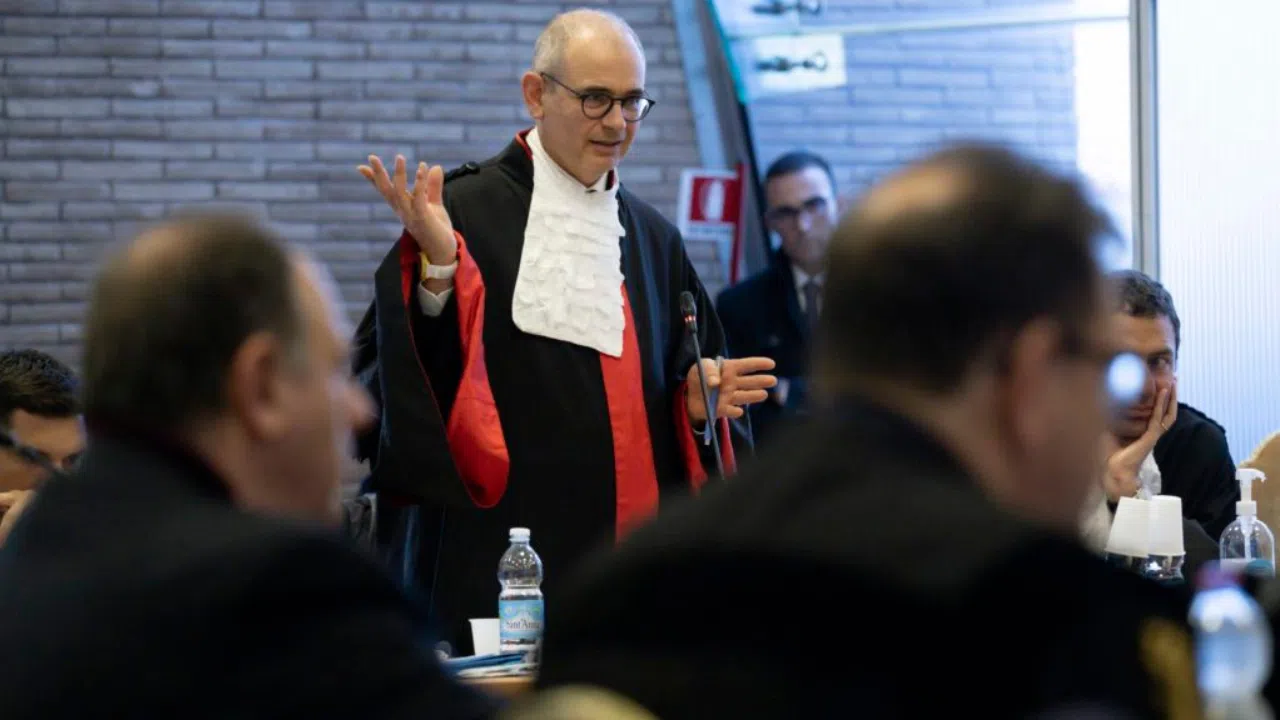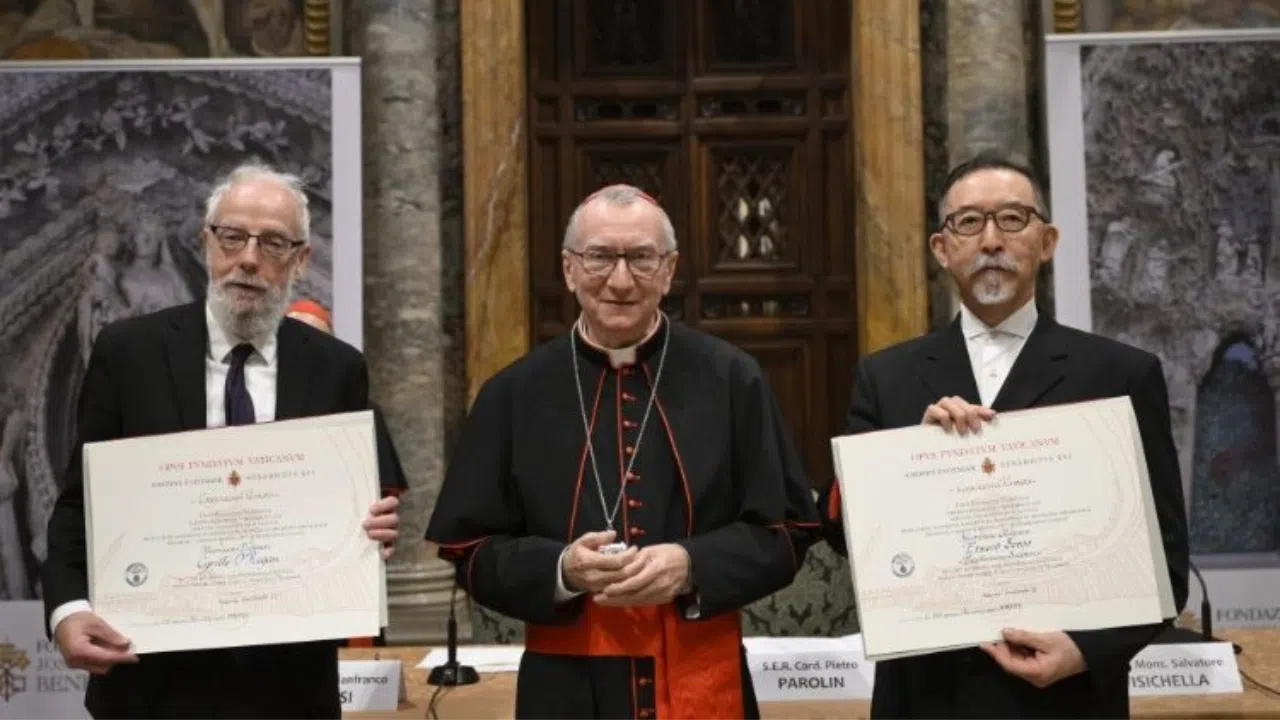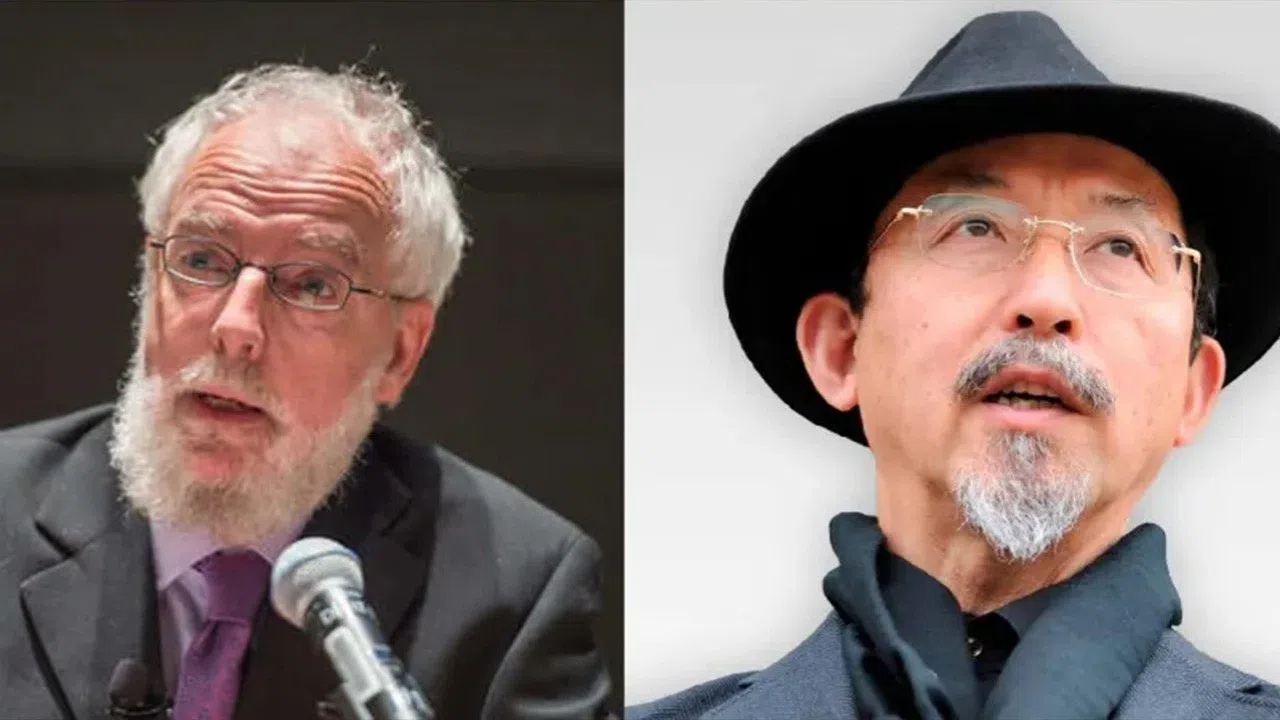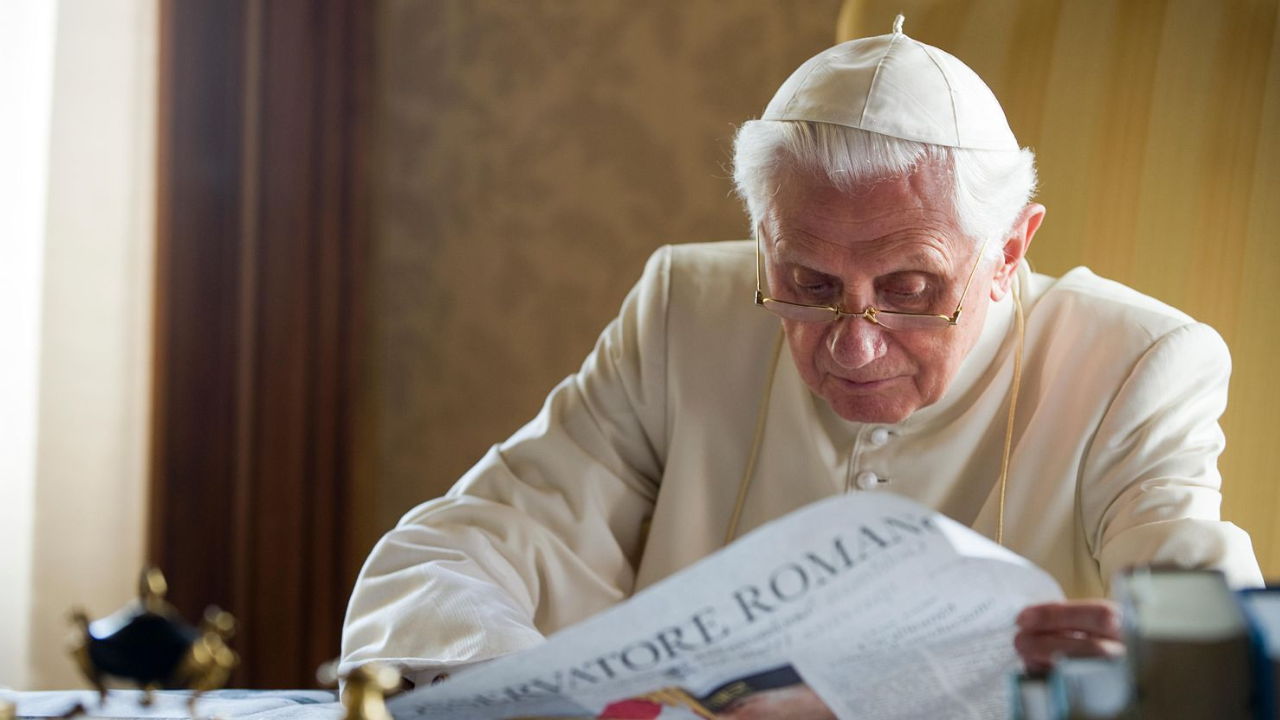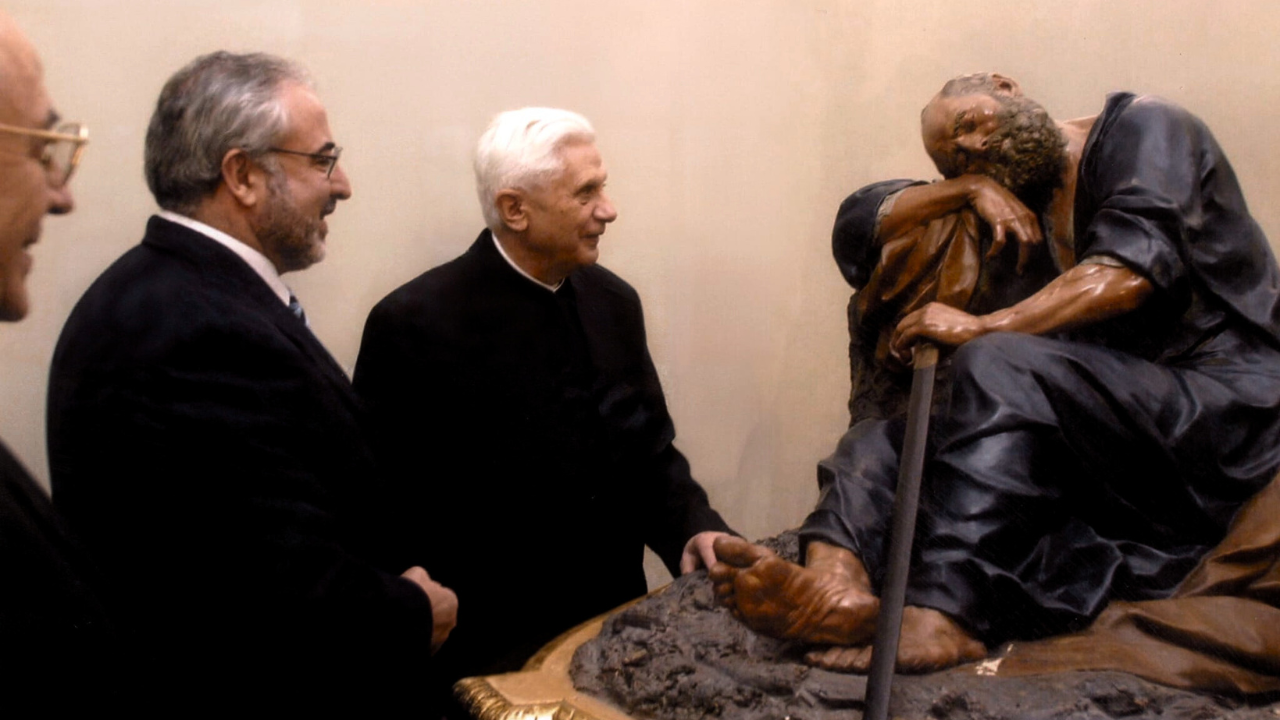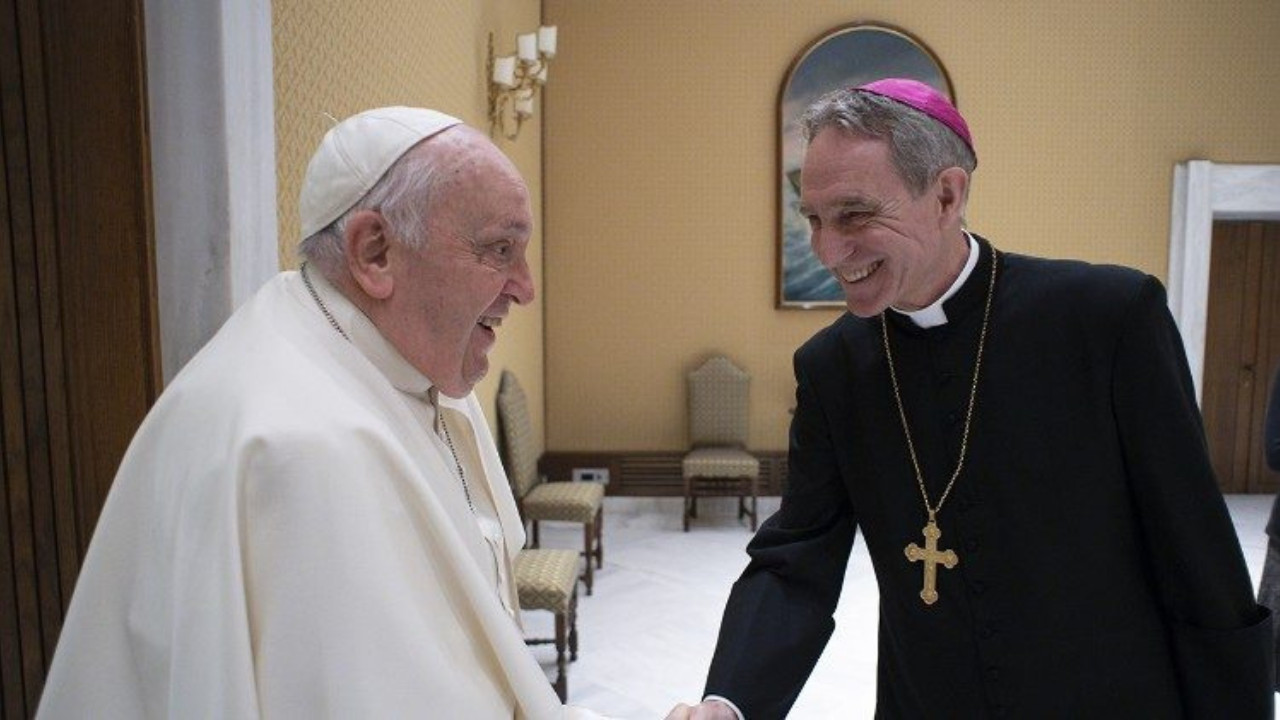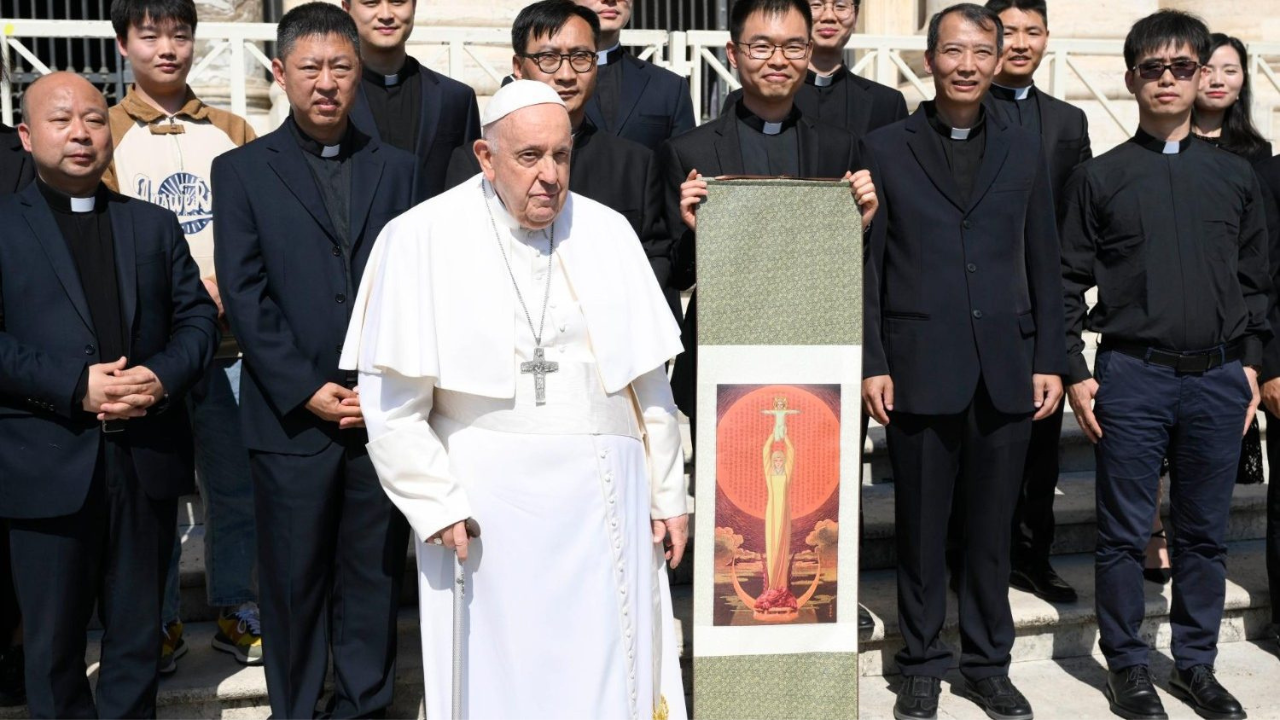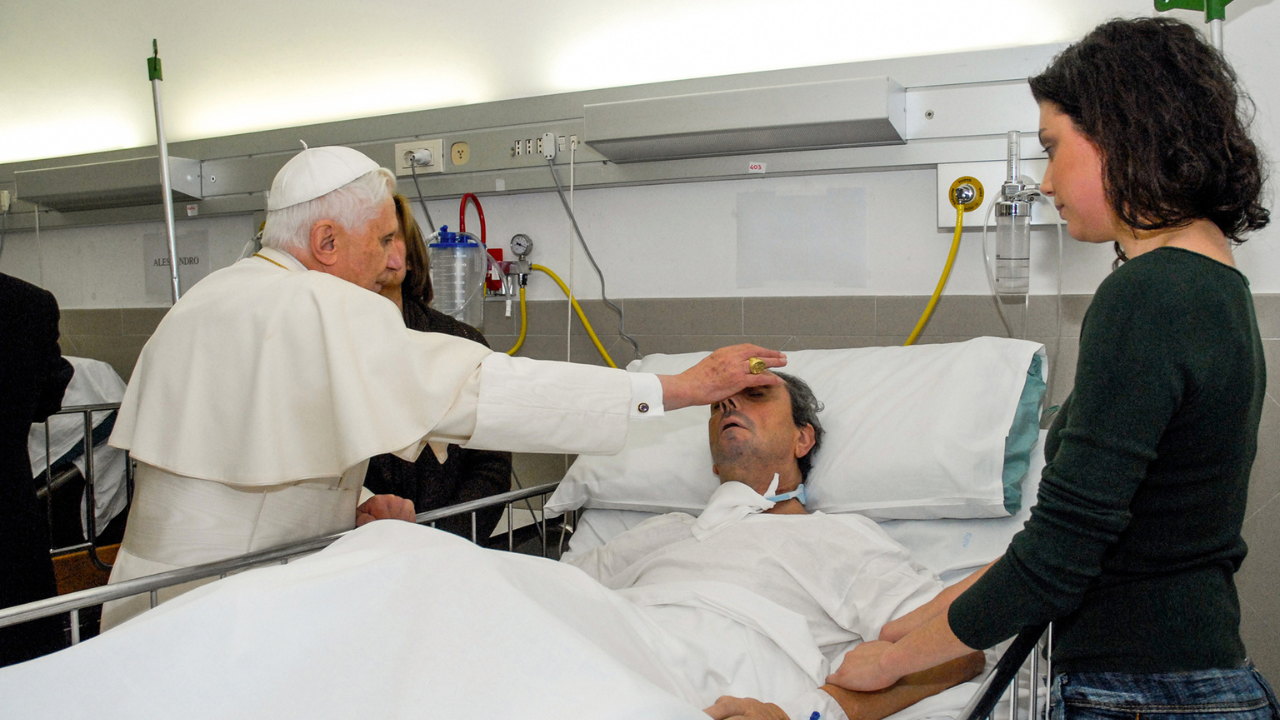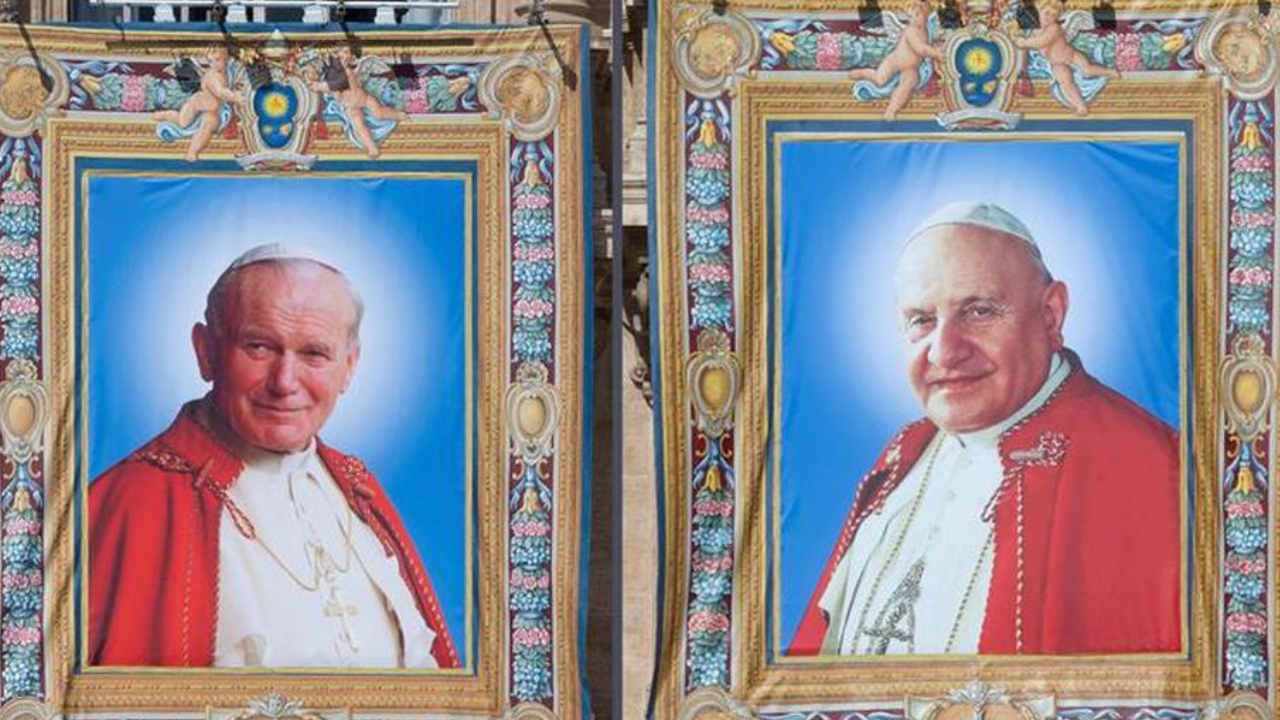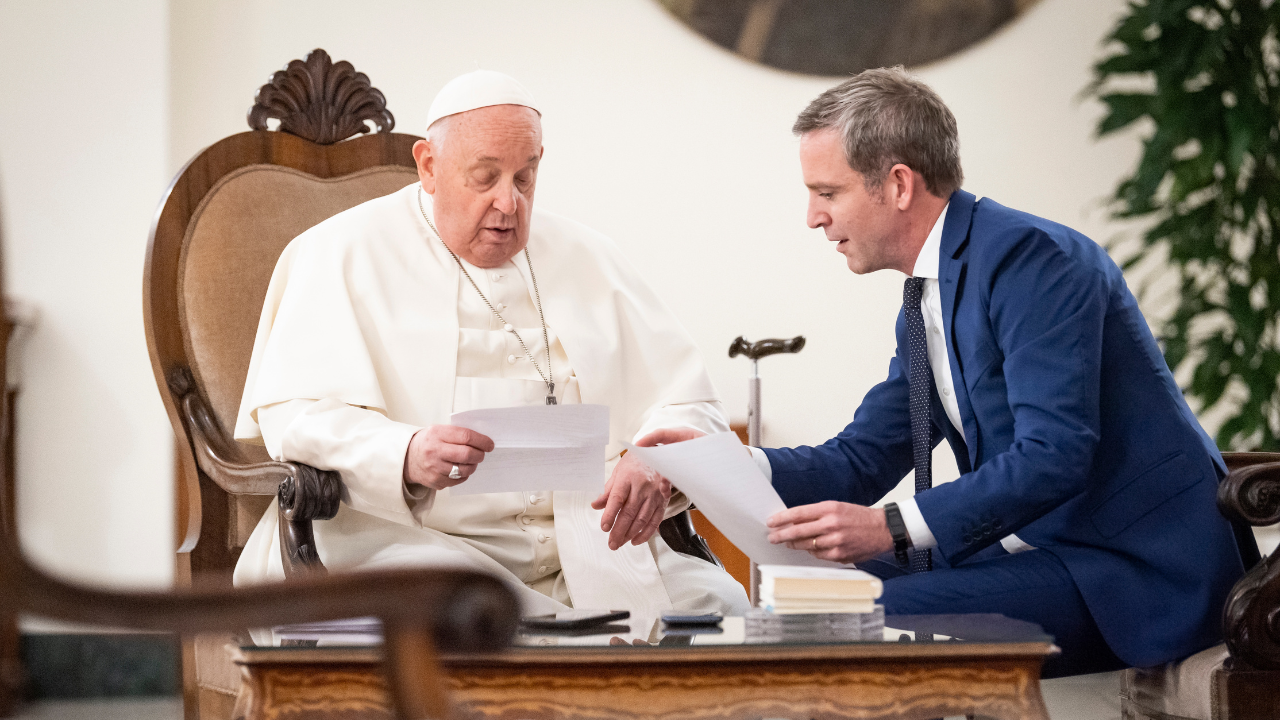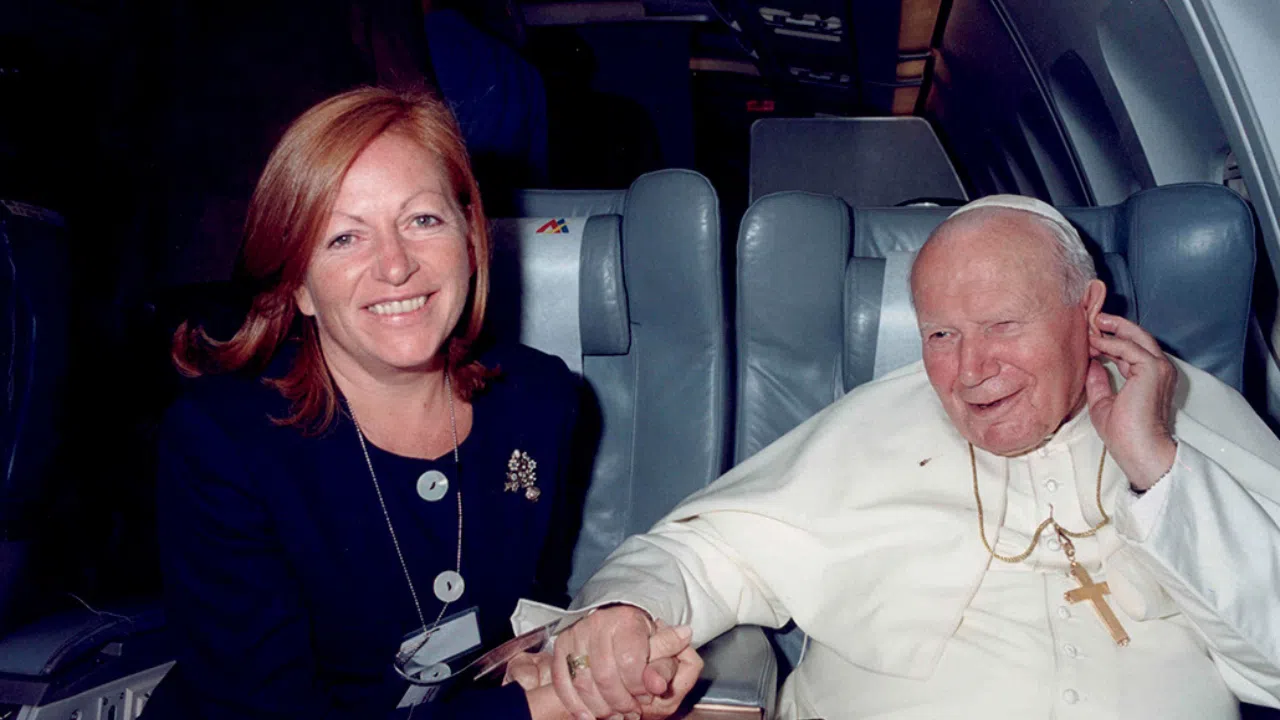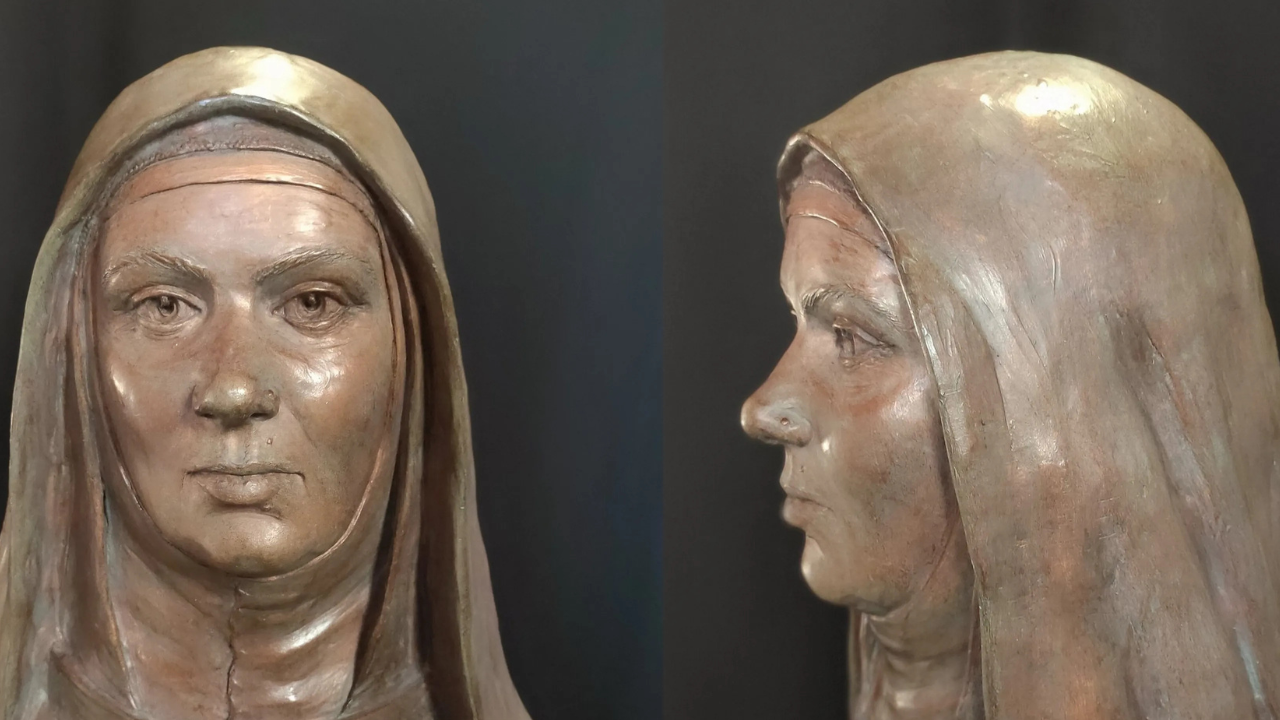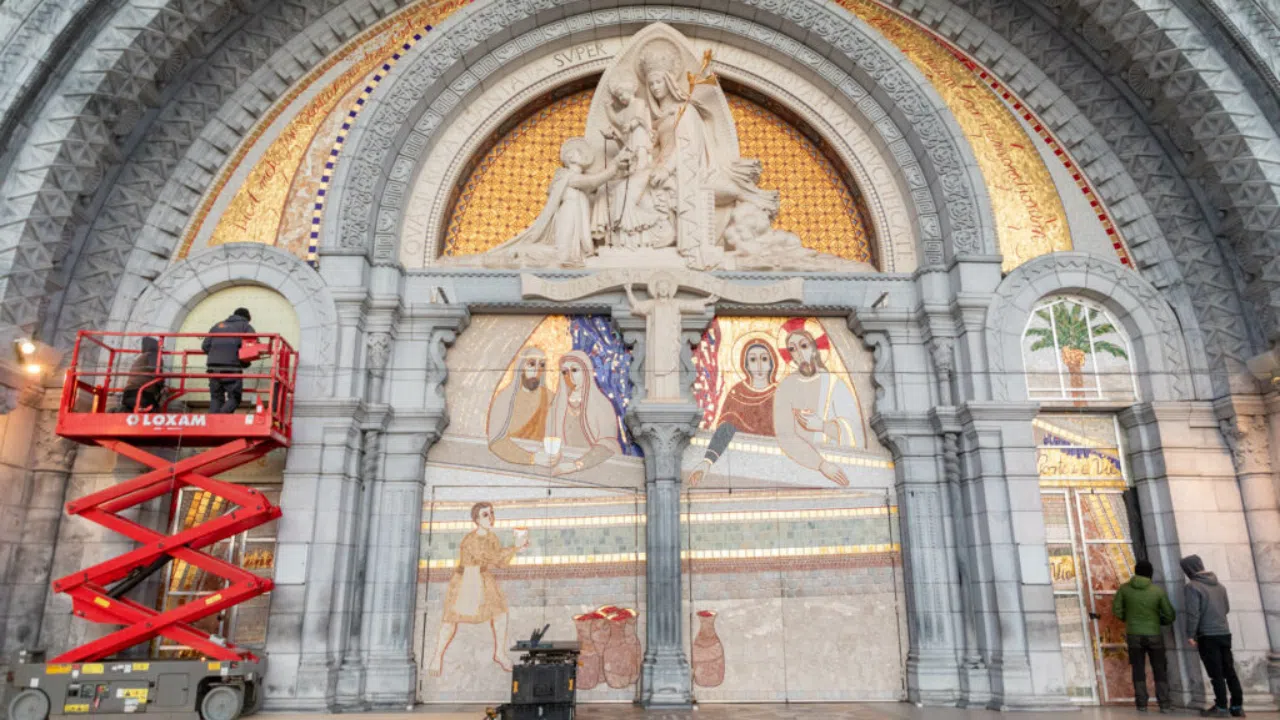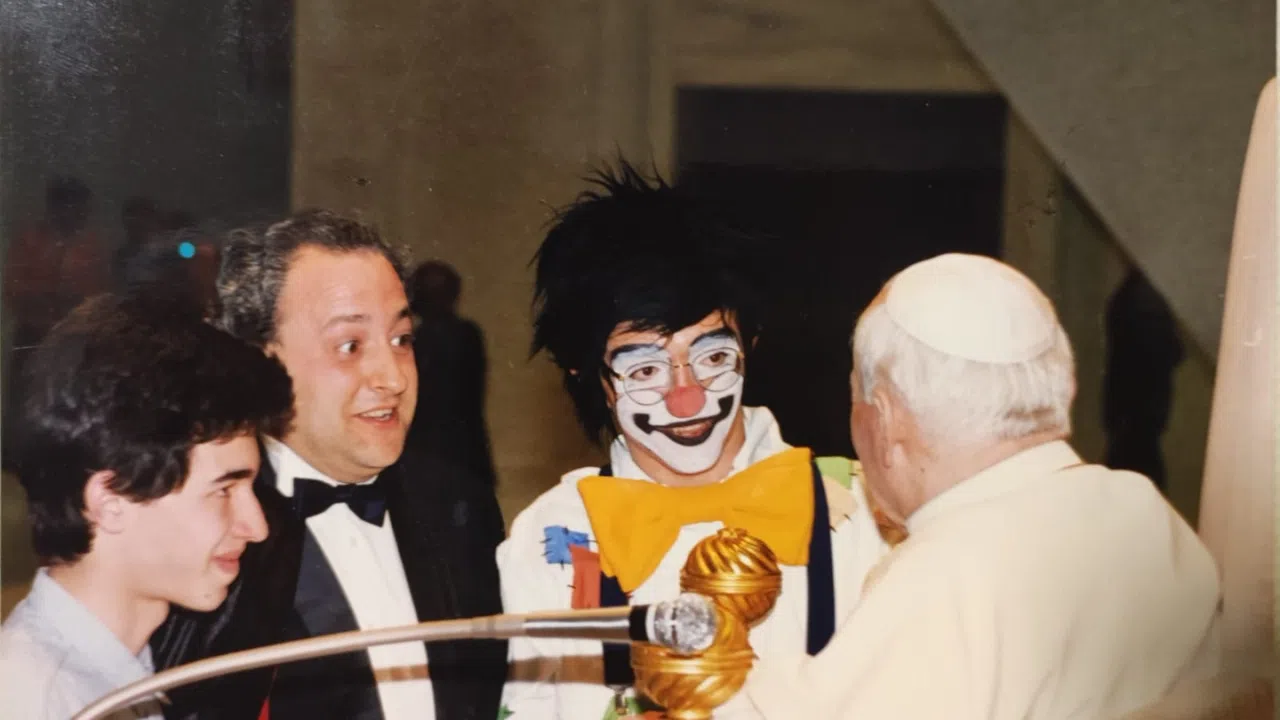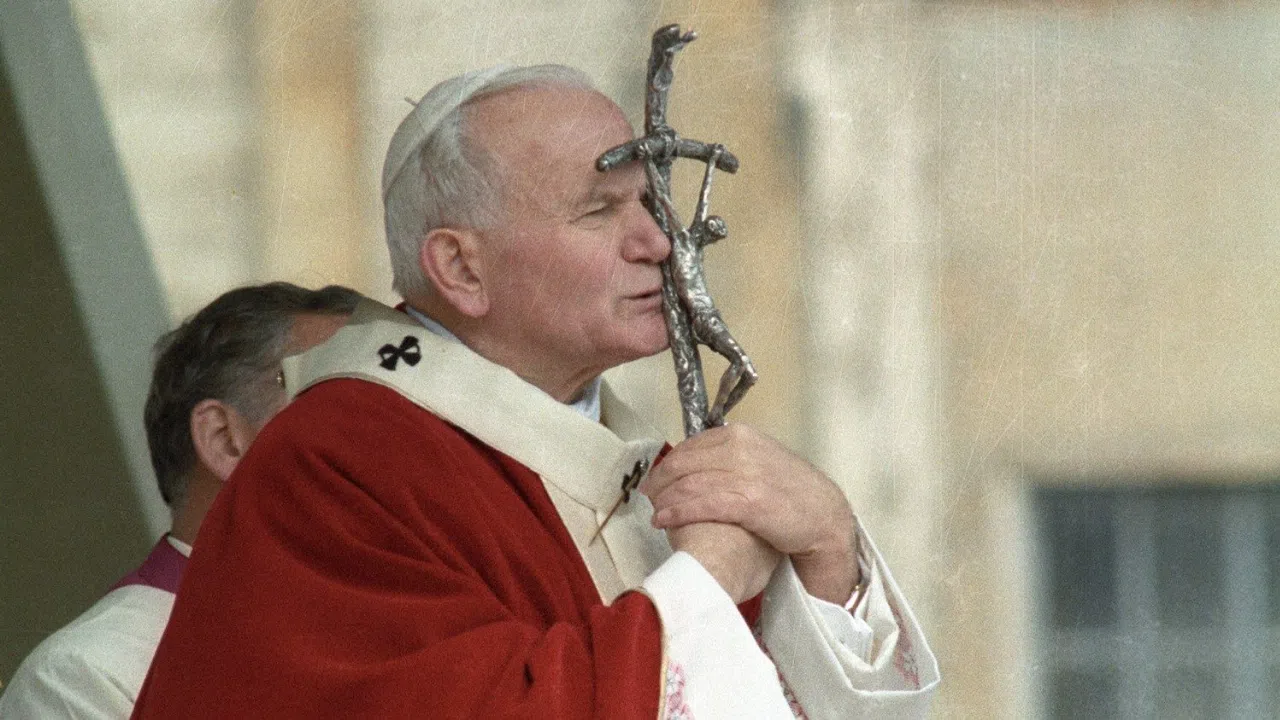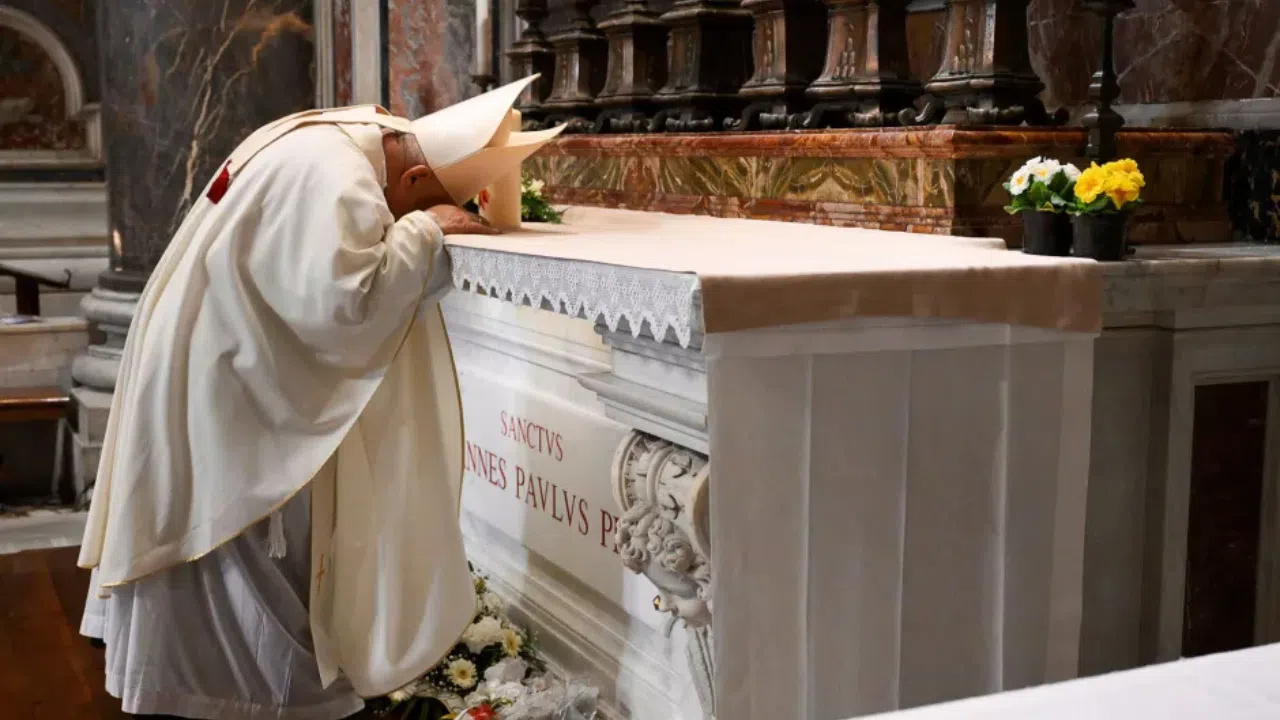Benedict XVI has published an essay on the roots causes of abuses in the Church. It is his contribution to the pope's meeting in February to confront the crisis of abuse with the presidents of every episcopal conference. He asked Pope Francis for permission before publishing it.
The pope emeritus remembers the Revolution of 1968, and recalls one of the freedoms that this movement wanted to conquer for society was “all-out sexual freedom, one which no longer conceded any norms.” As such, pedophilia was permitted and even considered convenient.
At the same time, he adds that Catholic Moral Theology collapsed. This is because it refused to recognize a natural law that shows that there are things always and in any case an evil, even if they are done for a good purpose.
The pope emeritus even remembers the harsh reaction to John Paul II's encyclical “Veritatis Splendor,” in which he said some actions can never become good.
Benedict regrets that during the 60s in some seminaries“homosexual clubs were established, which acted more or less openly and significantly changed the climate in the seminaries.” It also hurts him that “in many parts of the Church, conciliar attitudes were understood to mean having a critical or negative attitude towards the hitherto existing tradition.”
At the same time, he explains that Canon Law during those years was very much a protection for priests accused of abuse, instead of defending the faith of the Church. For this reason, John Paul II decided that proceedings against abusive priests should take place in the Congregation for the Doctrine of the Faith, and not in the Clergy.
Benedict wonders how the evil of abuse has spread in the Church. He regrets that “ultimately, the reason is the absence of God. We Christians and priests also prefer not to talk about God, because this speech does not seem to be practical.”
His suggestions are to “once again begin to live by God and unto Him.” For example, he proposes to take better care of the Eucharist. He says that he is concerned about how it is treated, “devalued into a mere ceremonial gesture when it is taken for granted that courtesy requires Him to be offered at family celebrations or on occasions such as weddings and funerals,” even if people are not prepared.
He says this crisis in clerical abuse has caused some to “regard the Church as something almost unacceptable, which we must now take into our own hands and redesign.” However, he responds, a “self-made Church cannot constitute hope.”
“The idea of a better Church, made up by ourselves, is in fact a proposal of the devil, with which he wants to lead us away from the living God,” he writes.
The pope emeritus explains that “there are many people in the Church who humbly believe, suffer and love, in whom the real God, the loving God, shows Himself to us.” He says, “it is an inertia of the heart that leads us to not wish to recognize them.”
Benedict ends by thanking Pope Francis “for everything he does to show us, again and again, the light of God, which has not disappeared, even today.”
----
The resignation of Pope Benedict was an extraordinary event in the history of the Catholic Church. From the moment he made this decision, to the helicopter flight that air-lifted him out of the Vatican, questions arose: Why did he do it?
Watch the documentary 'Benedict XVI - In honor of the Truth ' on Rome Reports Premium.
